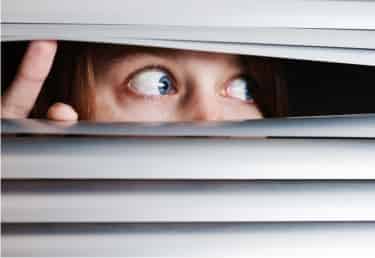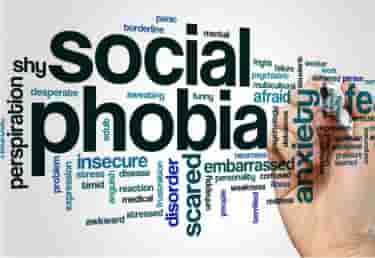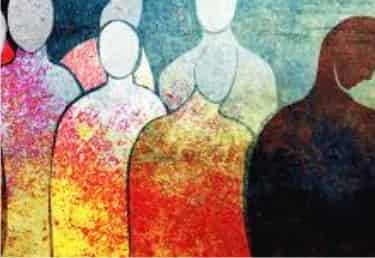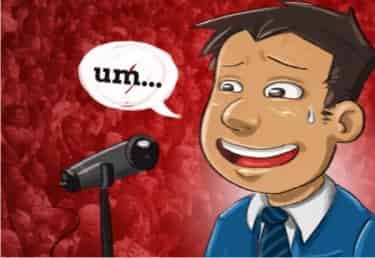Anxiety Treatment in Gurgaon, Treatment for anxiety in Gurgaon
What is Anxiety Disorders ?
Anxiety Disorders treatment in Gurgaon is most common psychiatric condition. It is a vague, unpleasant sense of apprehension associated with autonomic symptoms, like headache, sweating, palpitations, stomach discomfort, restlessness and chest pain. Dr. Gianender Rao, Psychiatrist in Gurgaon provides Anxiety treatment in friendly and healthy environment during Covid-19 with all safety guidelines.
FEAR : Response to threat that is known external, definite or non conflictual
ANXIETY : Response to threat that is unknown, internal, vague or conflictual
Symptoms of Anxiety :
- Restlessness, generalized weakness, fearful, fatigue, lack of concentration
- Increase in heart rate (palpitations), shortness of breath, sweating, tremors or shivering, stomach upset, increase urinary frequency, loose motions, tingling and increase in BP
- Stress, tension, lack of concentration in work
PHOBIA :
AGORAPHOBIA :
- Fear or avoidance of crowds, public places or travelling alone
- Palpitations, sweating, trembling or dry mouth
- Difficulty breathing, feeling of choking, chest pain, nausea or abdominal distress
- Feeling dizzy, faint or unsteady
- Feeling that objects are unreal or self is not really here
- Fear of losing control, fear of dying.
- Hot flushes or cold chills, numbness or tingling
- Significant emotional distress
Agoraphobia-Avoidance of Crowds
Agoraphobia-Avoidance of Public Places
Social Phobia
Associate with fear of behaving in a way that will be embarrassing or humiliating
Social Phobia-Avoidance Meetings
Marked avoidance of being the focus of attention in social situations.
Social Phobia-Avoid Speaking in Public
Avoidance of speaking in public places, entering small groups of parties.
SOCIAL PHOBIA :
- Associate with fear of behaving in a way that will be embarrassing or humiliating
- Marked avoidance of being the focus of attention in social situations e.g. speaking in public or entering small groups of parties, classrooms meetings, associated with fear of vomiting or micturition, blushing or shaking
PANIC DISORDER :
- A. Recurrent panic attacks not associated with specific situation or object and often occur spontaneously
- B. A panic attack is characterized by –
- 1. Abrupt intense fear of discomfort
- 2. Lasts at least some minutes
- Includes: palpitation, sweating, shaking, dry mouth, choking, chest pain, breathlessness, nausea, dizziness, fear of dying, hot flushes, numbness, cold limbs
GENERALISED ANXIETY DISORDER :
There must be a period of at least 6 months with tension, worry, apprehension about everyday events and problems with associated autonomic symptoms.
OBSESSIVE COMPULSIVE DISORDER – :
- A. Either obsessions or compulsions present for at least 2 weeks
- B. OBSESSIONS (thoughts, ideas or images) and compulsions (acts) must be unpleasant, excessive, repetitive, none resisting, distressing and originating in own mind
ACUTE STRESS REACTIONS - :
Exposure to an exceptional mental or physical stress or immediate onset of symptoms of anxiety.
PTSD (Post Traumatic Stress Disorder) :
Exposure to a stressful event or situation of threatening or catastrophic nature with persistent remembering or reliving of the stress in flash back or memories, dreams. There is inability to recall events. There are symptoms of difficulty in sleep, anger, lack of concentration, hypervigilance.
TREATMENT OF ANXIETY DISORDERS :
- A. PANIC DISORDER AND AGORAPHOBIA:
- 1. Pharmacotherapy
- a. SSRIs : Paroxetine, Fluvoxamine & Sertraline are best tolerated.
- b. BZDs : Alprazolam, Lorazepam, Clonazepam for rapid onset.
- 2. COGNITIVE BEHAVIOR THERAPY :
includes applied relaxation, respiratory training and In vivo exposure
- 3. Insight Oriented Psychotherapy :
- B. SPECIFIC AND SOCIAL PHOBIA :
- 1. BEHAVIOR THERAPY (Most effective Treatment) includes systematic desensitization, Hypnosis, Flooding or implosion.
- 2. Insight Oriented Psychotherapy (To understand origin of phobia, secondary gain and how to deal with stimuli.
- 3. ERP (Exposure and Response prevention)
- 4. Effective Drugs include SSRIs, BZD, Venlafaxine, Buspirone
- C. OBSESSIVE COMPULSIVE DISORDER:
- 1. Prevalence of OCD in general population – 2- 3 %
- 2. Most common pattern – First obsession of contamination followed by washing of hands with associated anxiety. Second is obsession of doubt followed by compulsion of checking. Thirdly sexual or aggressive thoughts and fourthly need for symmetry or precision, religious thoughts.
- 3. TREATMENT : SSRI (Fluoxetine, Fluvoxamine, Paroxetine, Sertraline, CLOMIPRAMINE
- 4. BEHAVIOR THERAPY : ERP, FLOODING etc
- D. GENERALISED ANXIETY DISORDERS:
- 1. BENZODIAZEPINES
- 2. BUSPIRONE
- 3. SSRI ( SERTRALINE, PAROXETINE)
- 4. CBT (Cognitive Behavior Therapy)
We Serve Better Than Any Other!
Make Appointment or Call +91- 9871800599 / 9654-331133
Make an Appointment

Location
Shop No. 5 & 6 , Near Prem Mandir, New Colony More, Commercial Center, Old Railway Road, Gurgaon(HR), Pin: 122001

Call us
Any time. We are open
+91-9871-800599
+91-9654-331133







